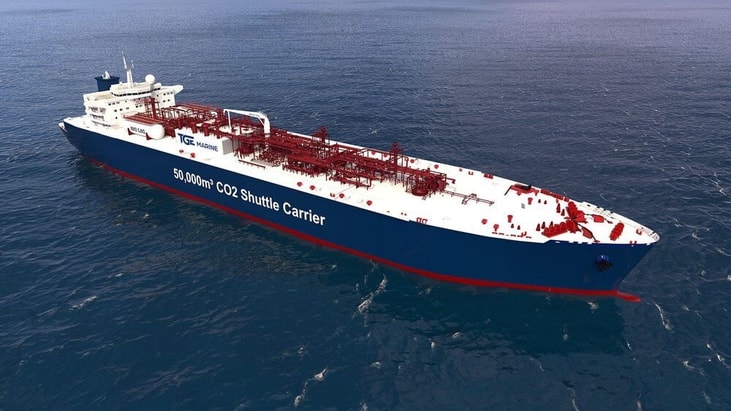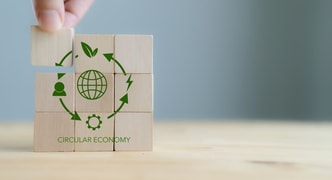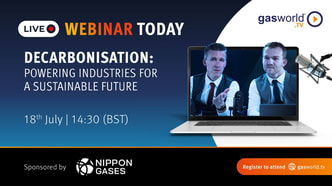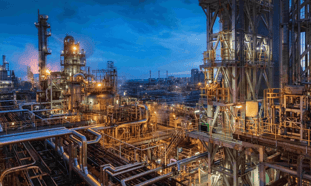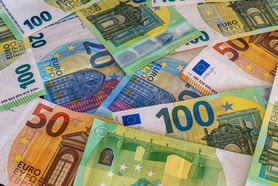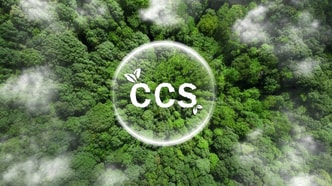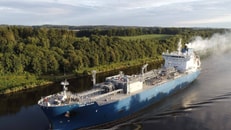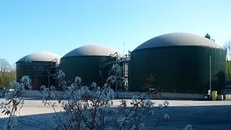Navigating the challenges of LCO2 shipping: The value of trusted partnerships
The design and engineering of vessels for liquefied gas transport present unique challenges and opportunities, particularly in the evolving landscape of LCO2 shipping. In this guest contribution, Doris Matos and Riikka Cosgrave, freelance Strategic Communications and Marketing Specialist, explore how partnerships can drive innovation, optimise ship designs, and improve long-term reliability and durability in the maritime industry.
The design process of a vessel holds many challenges, and getting the first steps right often has an impact on how long a project will take and how successful it will be. In an economic environment where the costs for materials and services are ever increasing, it might seem a logical choice to save on costs from the start of the project. However, looking at industry success stories, it transpires that well thought-through projects with initial investments will lead to more efficient Capital Investment Costs (CAPEX) and reduced Operational Costs (OPEX).
So, how can companies get the best value out of their projects? The key is choosing a trusted and knowledgeable partner.
... to continue reading you must be subscribed

